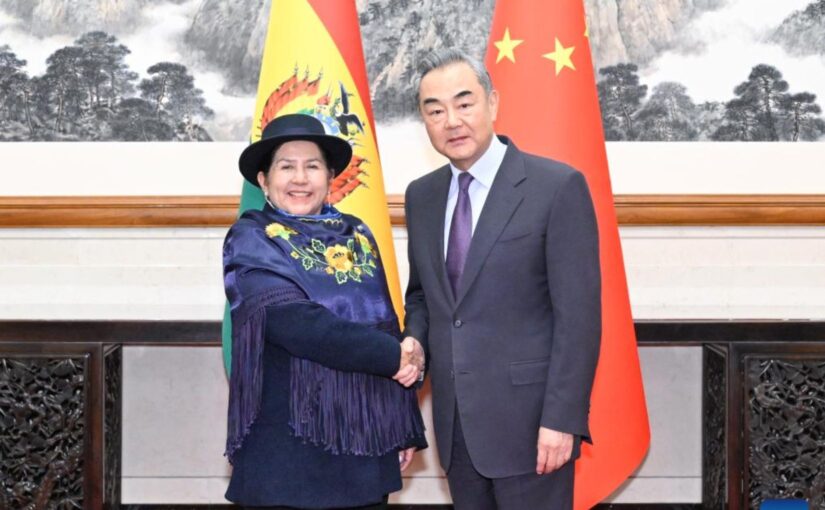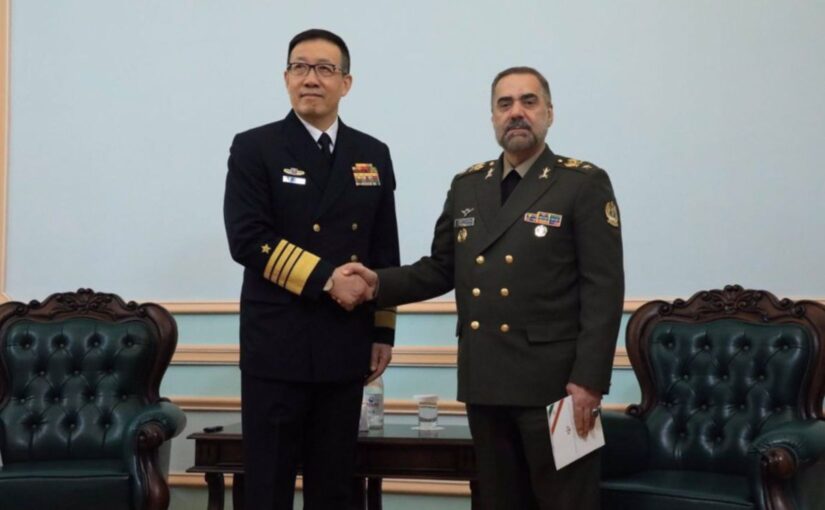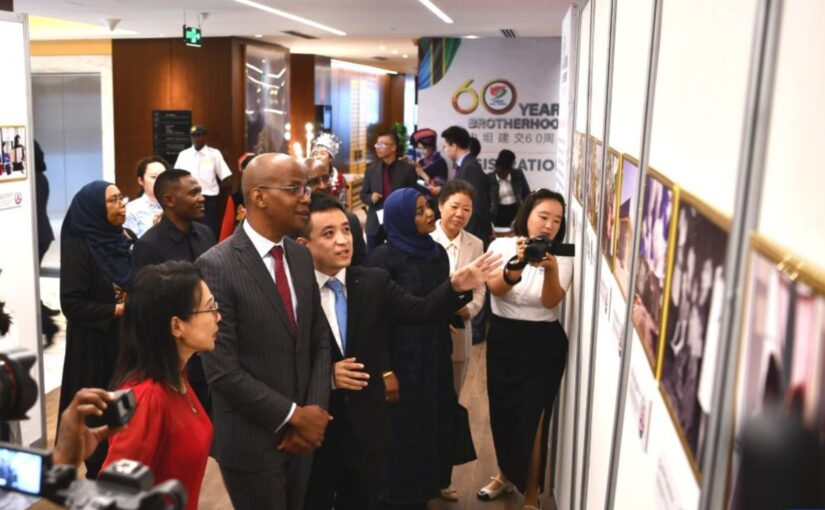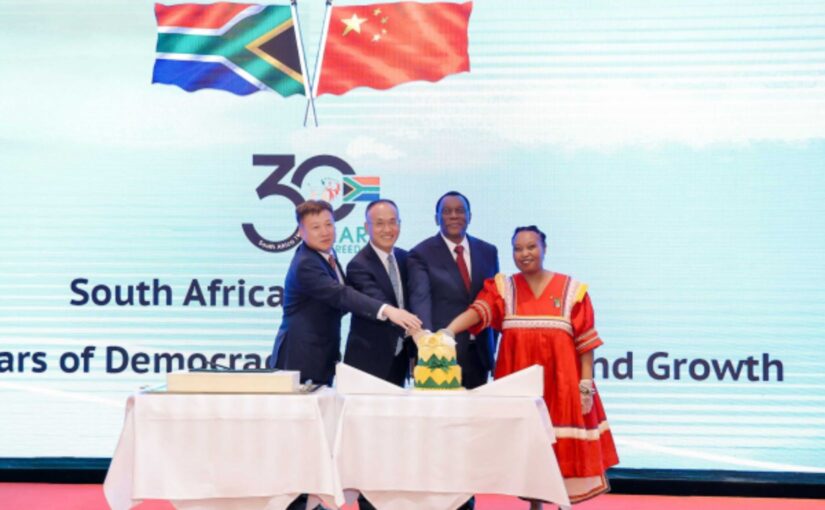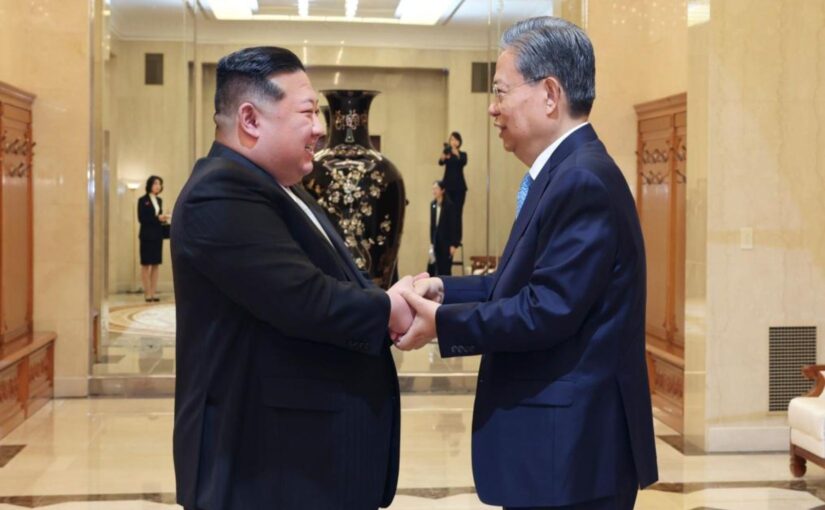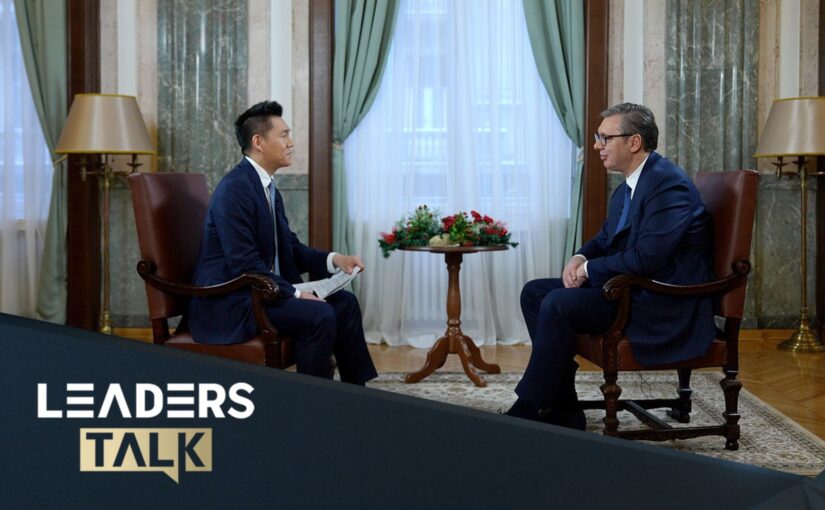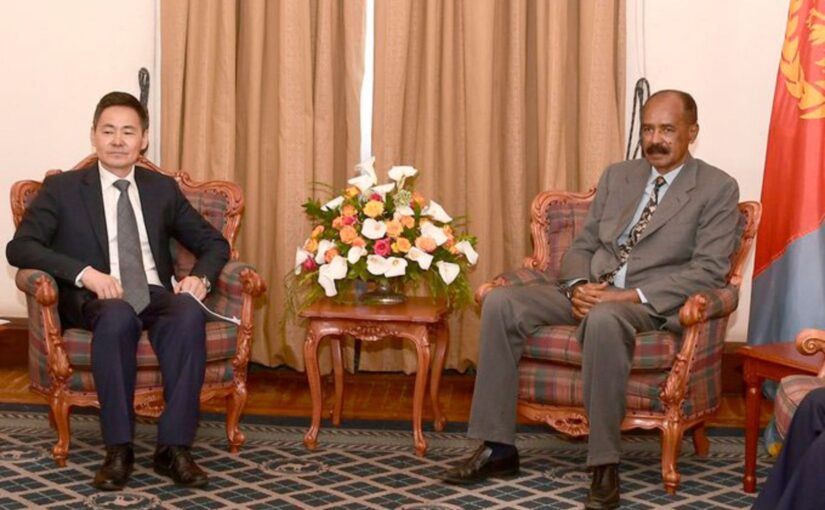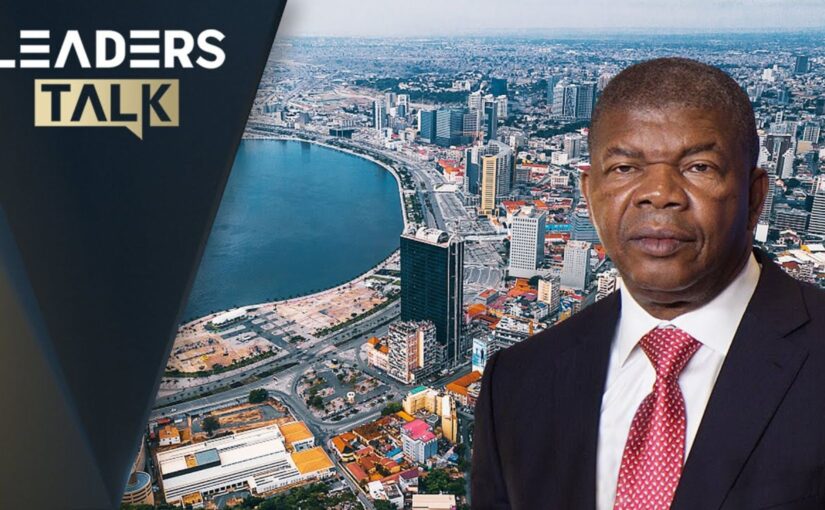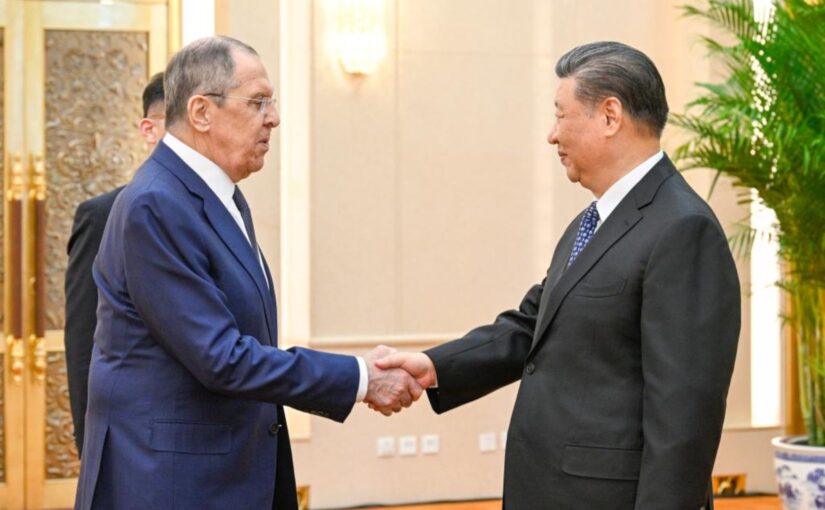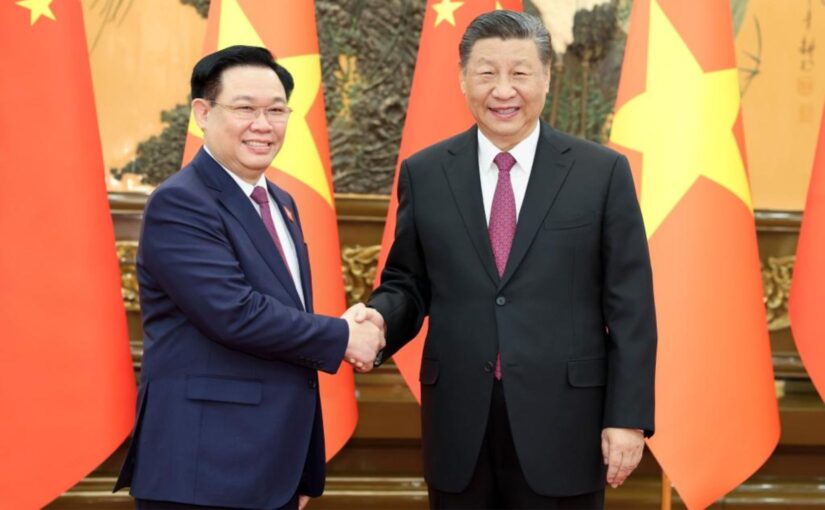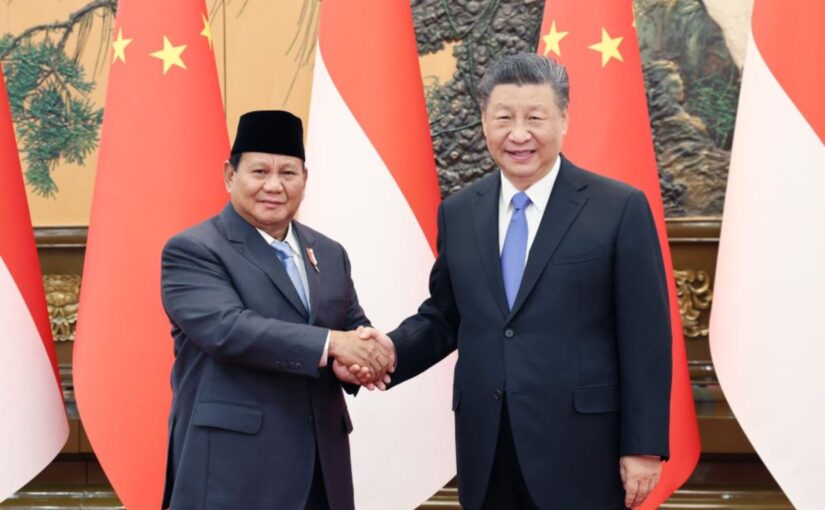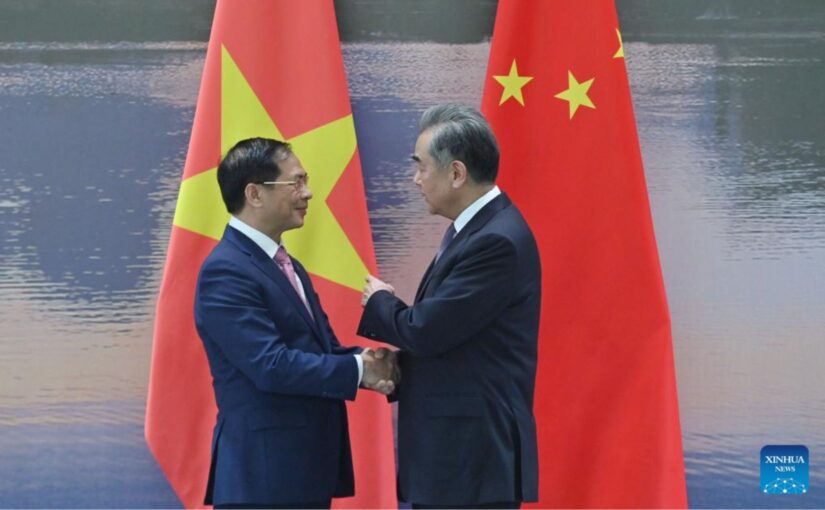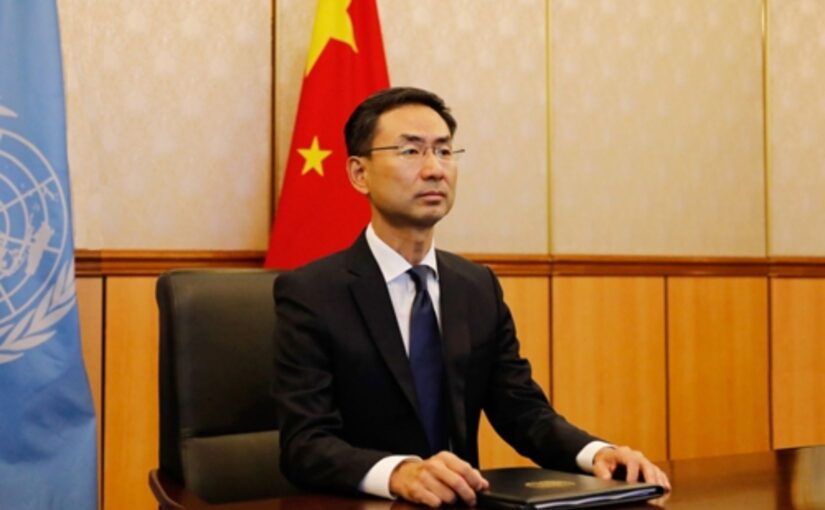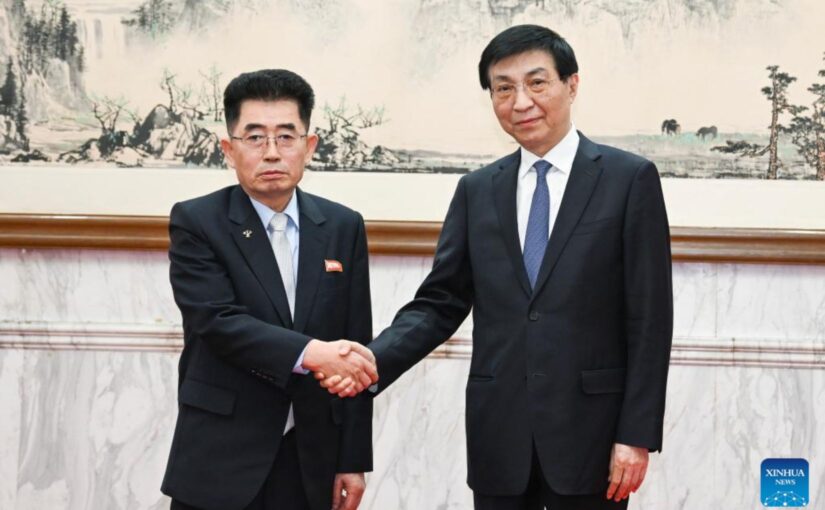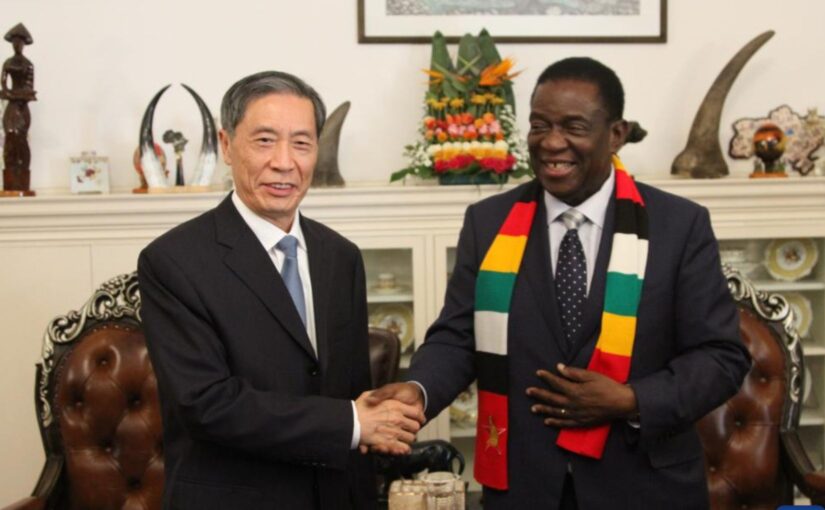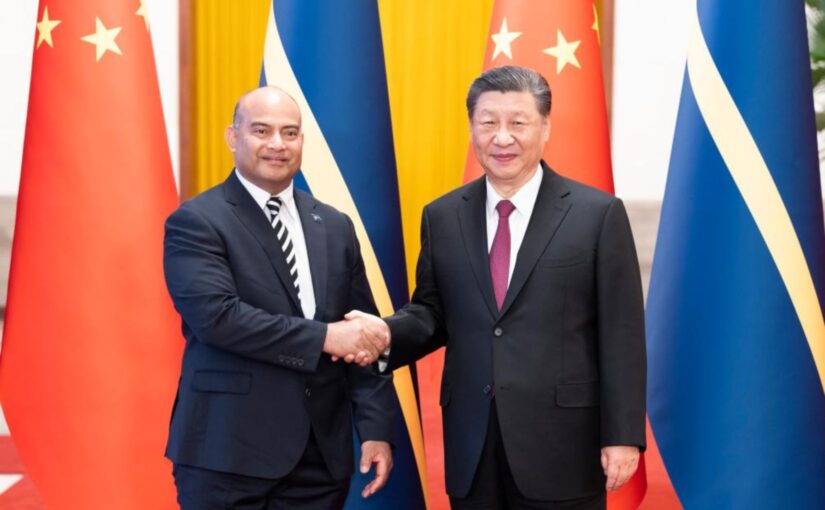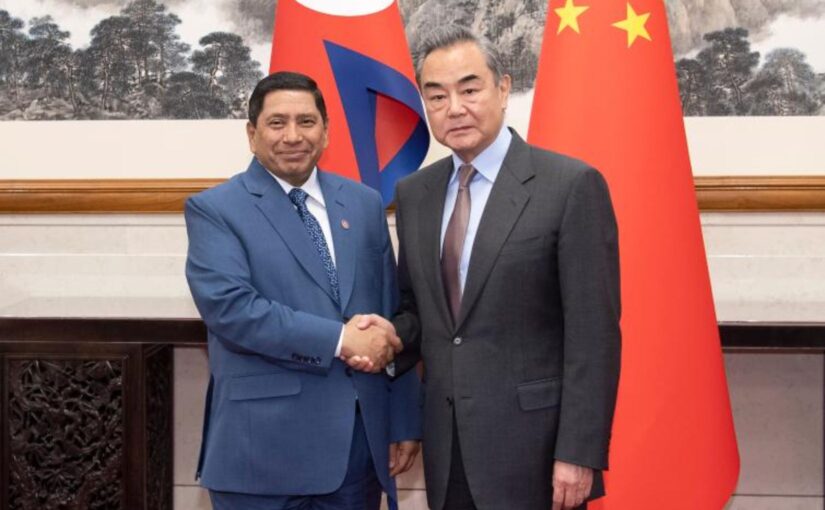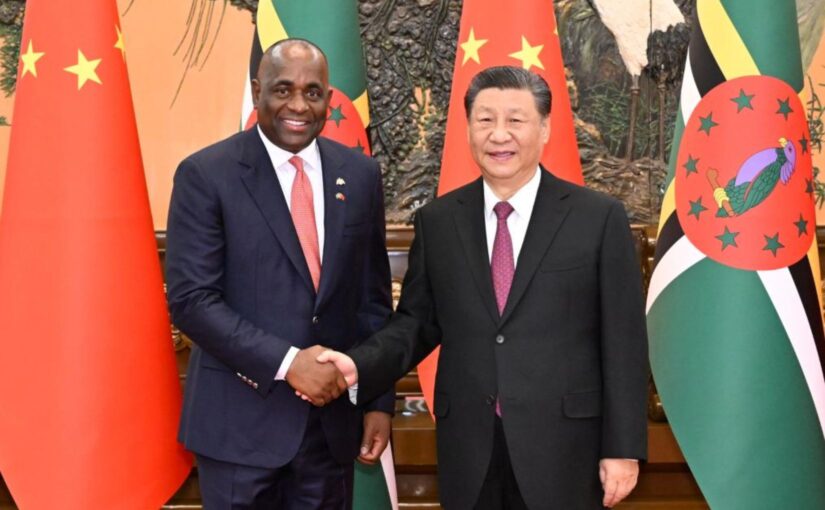Bolivian Foreign Minister Celinda Sosa Lunda visited China at the end of April.
Meeting her Chinese counterpart on April 28, Chinese Foreign Minister Wang Yi noted that China and Bolivia enjoy a traditional friendship featuring mutual understanding and support. 2025 will see the 40th anniversary of their establishment of diplomatic relations. China is willing to work with the Bolivian side to take this opportunity to implement the important consensus reached by the two heads of state and promote China-Bolivia strategic partnership to a new level.
The Hong Kong newspaper South China Morning Post reported the Chinese Foreign Minister as stating that: “China and Bolivia share the same goals of opposing hegemony and bullying by powerful powers and upholding fairness and justice. The two nations should jointly defend the purposes and principles of the United Nations Charter and firmly safeguard the common interests of Global South countries.”
He added that both sides should continue to strengthen political mutual trust; enhance exchanges and cooperation between the governments, legislatures and political parties of the two countries; strengthen exchange of governance experience; synergise development strategies; and tap into the potential for cooperation in new areas such as digital economy, plateau agriculture, information and communication, and green development.
The Bolivian foreign ministry said Sosa would use her visit to address a broad agenda, including cooperation in tourism, technology, energy and others areas of mutual interest. Meeting her Chinese counterpart, she noted that China is an important strategic partner for Bolivia, adding that she hopes to upgrade cooperation in various fields such as economy and trade. Bolivia welcomes Chinese enterprises to invest and do business in the country.
China is currently Bolivia’s second-biggest trading partner. In 2023, trade between the two countries totalled nearly US$2.6 billion.
Sosa also met with Chen Zhou, Vice-Minister of the International Department of the Communist Party of China Central Committee (IDCPC). He said that the CPC is willing to further strengthen friendly exchanges with the Movement towards Socialism (MAS) of Bolivia and promote China-Bolivia relations for sustained and stable development.
Sosa said that Bolivia admires the great achievements of socialism with Chinese characteristics. Bolivia is currently in a critical period of development and change and is eager to strengthen cooperation with China in various fields. The Movement towards Socialism has long maintained friendly exchanges with the CPC and is willing to continue to deepen exchanges of theories and practices of state governance and administration between the two parties, so as to promote the construction of the respective parties and national development.
Immediately prior to visiting China, Sosa visited Russia at the invitation of her counterpart Foreign Minister Sergey Lavrov. Russia, which holds the 2024 rotating chair of the BRICS grouping, expressed its support for Bolivia’s application to join the cooperation mechanism.
The Foreign Ministers of Peru and Argentina also visited China in the last week of April.
The following articles were originally published by the Xinhua News Agency and on the website of the IDCPC.
Chinese FM holds talks with Bolivian counterpart
BEIJING, April 28 (Xinhua) — Chinese Foreign Minister Wang Yi held talks with Bolivian Foreign Minister Celinda Sosa Lunda in Beijing on Sunday, and both sides pledged to advance bilateral cooperation and multilateral coordination.
Wang, also a member of the Political Bureau of the Communist Party of China Central Committee, noted that China and Bolivia enjoy a traditional friendship featuring mutual understanding and support. The year 2025 marks the 40th anniversary of the establishment of diplomatic relations between China and Bolivia. China is willing to work with the Bolivian side to take this opportunity to implement the important consensus reached by the two heads of state and promote China-Bolivia strategic partnership to a new level.
Wang said that both sides should continue to strengthen political mutual trust; enhance exchanges and cooperation between the governments, legislatures and political parties of the two countries; strengthen exchange of governance experience; synergize development strategies; and tap into the potential for cooperation in new areas such as digital economy, plateau agriculture, information and communication, and green development.
China and Bolivia should enhance coordination on multilateral strategies, jointly safeguard the purposes and principles of the UN Charter, and firmly safeguard the common interests of the Global South, said Wang, adding that China is willing to work together with Bolivia and other Latin American and Caribbean countries to promote the building of a China-Latin America community with a shared future.
Sosa noted that China is an important strategic partner for Bolivia, saying Bolivia hopes to upgrade cooperation with China in various fields such as economy and trade. Bolivia welcomes Chinese enterprises to invest and do business in the country.
Bolivia firmly supports the one-China principle, and the global initiatives proposed by China. Bolivia is willing to promote Latin America-China relations, Sosa said.
After their talks, the two foreign ministers witnessed the signing of a memorandum of understanding on cooperation between the foreign affairs academies of the two countries.
Chen Zhou Meets with Celinda Sosa Lunda, Foreign Minister of Bolivia
Beijing, April 28th (IDCPC) — Chen Zhou, Vice-minister of the International Department of the CPC Central Committee, met here today on the afternoon with Celinda Sosa Lunda, Foreign Minister of Bolivia and her delegation.
Chen spoke positively of the relations between the two Parties and the two countries. He said, the Chinese side is willing to work with the Bolivian side to enhance political mutual trust and strategic communication, promote practical cooperation in various fields, better benefit the two peoples, strengthen communication and coordination in international affairs, enhance solidarity and cooperation among developing countries, and jointly promote the building of a community with a shared future for mankind. The CPC is willing to further strengthen friendly exchanges with the Movement Towards Socialism of Bolivia and promote China-Bolivia relations for sustained and stable development.
Sosa said, Bolivia admires the great achievements of socialism with Chinese characteristics. Bolivia is currently in a critical period of development and change, and is eager to strengthen cooperation with China in various fields. The Movement Towards Socialism has long maintained friendly exchanges with the CPC, and is willing to continue to deepen exchanges of theories and practices of state governance and administration between the two Parties, so as to promote the construction of the respective parties and national development.
